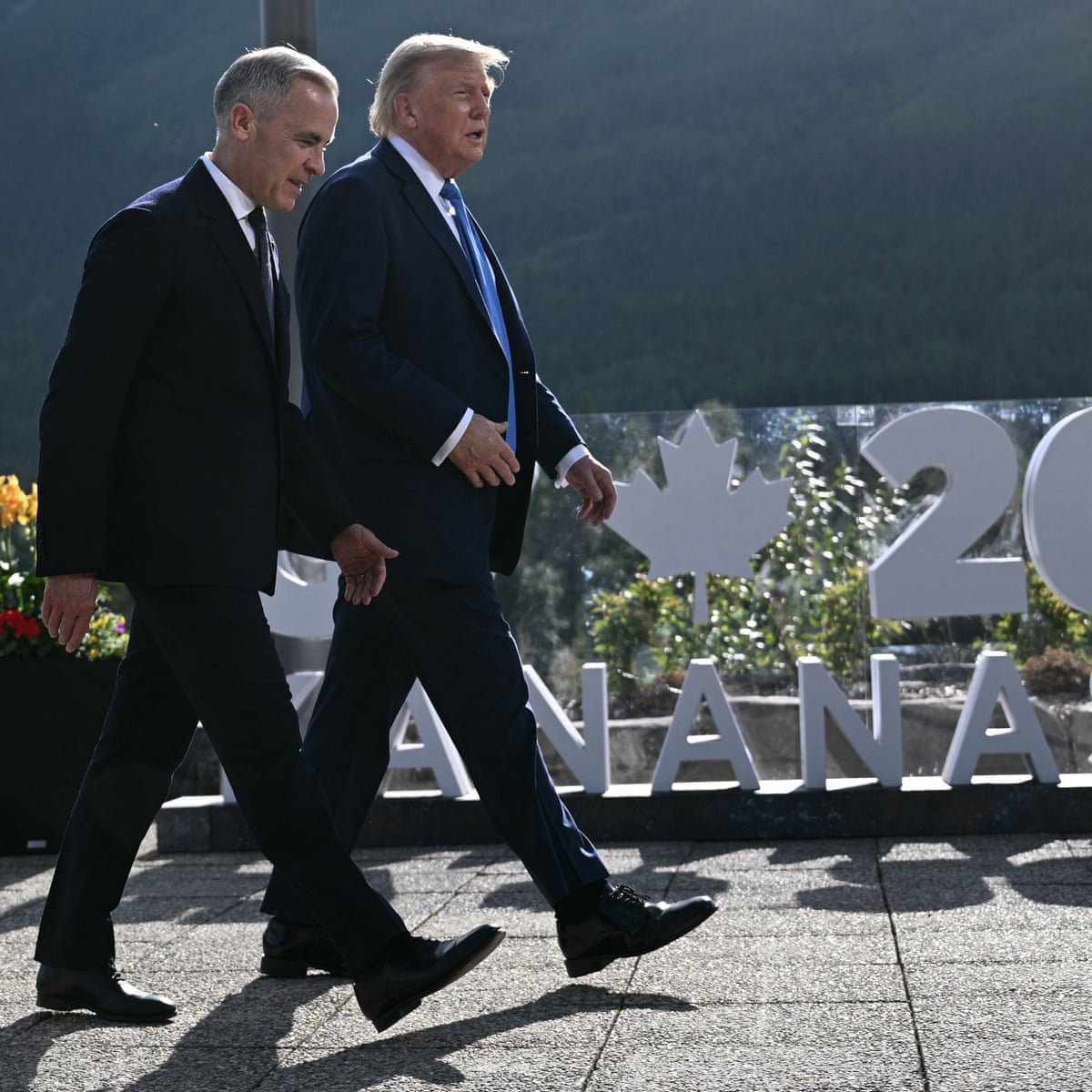In a significant policy shift aimed at thawing tense cross-border relations, Canada has announced the withdrawal of its proposed digital services tax, often dubbed the "tech tax." The move is a strategic attempt to revive stalled trade negotiations with the United States and safeguard billions in technology sector investments. The tech tax, initially proposed to target large digital companies—mostly American tech giants like Google, Amazon, Meta, and Apple—was designed to ensure that they paid a fair share of taxes on revenues generated from Canadian users. Canada had planned to implement the 3% tax retroactively to 2022, affecting firms with global revenues over €750 million and Canadian revenues of at least C$20 million. However, the policy sparked immediate pushback from U.S. lawmakers, tech industry stakeholders, and global trade analysts.

Read Also: Micron HBM Sales Surge x Palantir’s Stock Keeps Climbing

U.S. officials viewed the tax as discriminatory and a direct attack on American businesses, warning of possible retaliatory tariffs if Ottawa proceeded. Talks between the two governments had become strained, with the U.S. Trade Representative’s office even threatening action under the United States–Mexico–Canada Agreement (USMCA). Now, with Canada choosing diplomacy over digital taxation, a path has opened for renewed dialogue and cooperation. Finance Minister Chrystia Freeland announced the suspension, noting that Canada values its close relationship with the U.S. and remains committed to finding a multilateral solution through the Organisation for Economic Co-operation and Development (OECD). The OECD’s global tax framework aims to establish a unified system for taxing multinational companies, thereby preventing unilateral policies that could disrupt international cooperation. Canada's pivot back to the OECD table reflects both economic pragmatism and political foresight. At stake are not just the mechanics of digital taxation, but broader economic stability, supply chain integrity, and future investment flows.
For Canadian businesses and consumers, the decision to drop the tech tax could bring both short-term relief and long-term opportunity. Tech companies may reconsider previous plans to reduce their Canadian footprint, and users might be spared potential cost increases that could have been passed down from digital service providers. Moreover, the easing of U.S.-Canada tensions is expected to stimulate joint ventures, innovation partnerships, and policy alignment on data privacy and AI regulation. Critics of the reversal argue that Canada may have surrendered leverage by stepping back from the tax without securing concrete U.S. commitments in return. However, supporters see it as a smart move to avoid a trade war and position Canada as a constructive leader in digital economy governance.
This development also comes at a time when global tech regulation is under intense scrutiny. Governments are grappling with how to tax intangible assets like data and algorithms, especially when corporate profits often flow to low-tax jurisdictions. Canada’s earlier insistence on the tech tax was a response to perceived inequities, but its latest course correction shows a willingness to prioritize collaboration over confrontation. As the two nations return to the negotiating table, business leaders on both sides of the border are watching closely. The outcome will have lasting implications for the North American digital economy, especially in areas like fintech, e-commerce, and AI startups. In the meantime, the digital landscape in Canada may see a short-term boost in investor confidence and innovation funding. By stepping back from a potentially divisive policy, Canada may have paved the way for stronger, more sustainable tech sector growth, both at home and in partnership with its closest economic ally.



